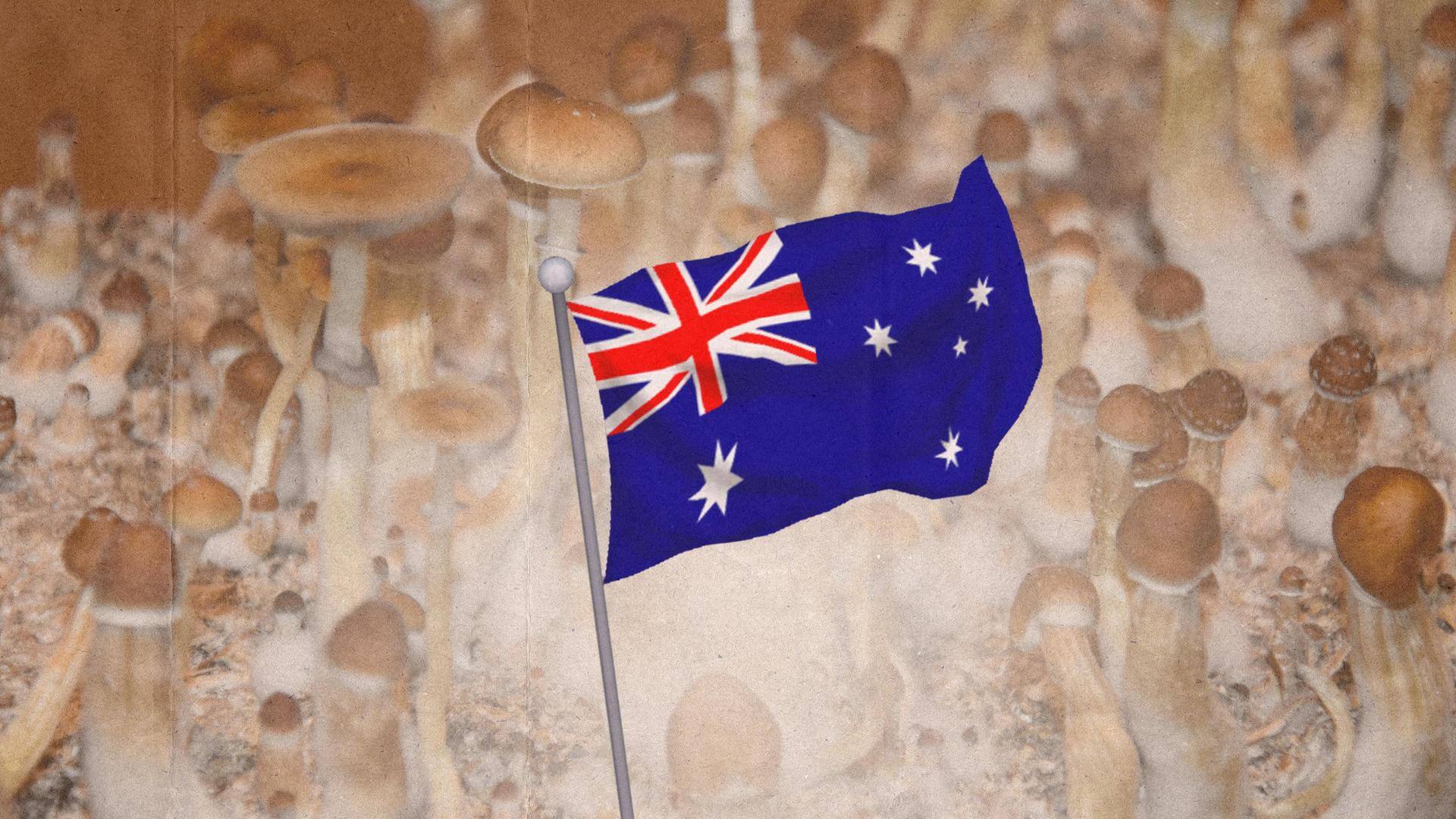
Australia becomes first country to allow psychedelics to treat depression
What's the story
Australia is set to become the first country to permit doctors to prescribe psilocybin and MDMA for treating mental health conditions like depression and post-traumatic stress disorder (PTSD).
This is going to take effect from July 1 onward.
However, there are concerns among scientists that the safety and effectiveness of these drugs have not been conclusively proven through research.
Stigma
Australia approved them after a thorough three-year process
The Therapeutic Goods Administration (TGA), Australia's drug regulatory body, approved it after a thorough three-year process involving consultations with experts.
Despite the long-standing belief in their potential to treat mental health conditions, the stigma surrounding these drugs has often led governments to adopt a cautious approach.
The experiment in Australia will be carefully watched worldwide and may establish a standard for others to follow.
Definitions
What are MDMA and psilocybin?
MDMA, commonly known as "molly" or "ecstasy," can cause changes in a person's mood, perception, and sensations.
Psilocybin, found in magic mushrooms, is also known for inducing intense psychedelic experiences.
Some people use them recreationally for their euphoric and energizing effects.
They are currently classified as a prohibited substance in many countries and can only be used in closely controlled clinical trials.
Trials
They may treat anxiety, anorexia, and substance addiction
A published phase II trial from last year demonstrated that a 25 mg dose of psilocybin was twice as effective as a 1 mg dose in treating treatment-resistant depression, despite notable side effects.
An MDMA phase III trial report hailed it as a "potential breakthrough treatment" for PTSD.
Additionally, these drugs exhibit promise in addressing anxiety, anorexia, and substance addiction.
Criticisms
Critics say it's not for everyone, may elicit bad experiences
While there's a strong push for their legalization, critics point out that it is still unclear which patients would benefit the most from these treatments.
"It's not for everybody. We need to work out who these people are that are going to have bad experiences, and not recommend it," stated Susan Rossell, a psychiatrist at Swinburne University of Technology, Melbourne, as quoted in Nature.
Negative experience
10-20% of participants experienced extremely negative effects
As the researcher leading Australia's sole ongoing clinical trial on psilocybin-assisted psychotherapy for treatment-resistant depression, Rossell discovered that 10-20% of participants who received psychedelic drugs experienced extremely negative effects.
She worries that if not administered with caution, these drugs could lead to distressing experiences and potentially increase the risk of psychological problems.
"That's the worst-case scenario," she said.
Information
Critics complain they were not consulted
The decision to permit was made in February, earlier this year. In May, Rossell and her colleagues co-authored a report expressing their concerns about the TGA not consulting them, given their valuable expertise in Australia, as they had been administering psilocybin to treat depression.
Process
What is the process for prescribing these drugs?
Psychiatrists in Australia can prescribe these drugs through the Authorised Prescriber Scheme which permits the prescription of unapproved medicines.
To sign up for the scheme, psychiatrists need approval from a human research ethics committee (HREC) and TGA.
They are obligated to submit reports to regulatory authorities every six months, detailing the number of patients treated with these medications and any associated side effects.